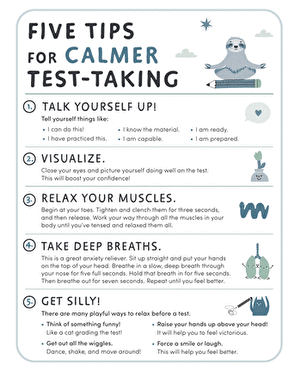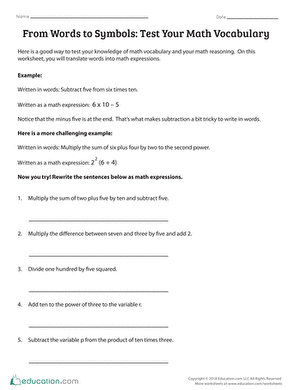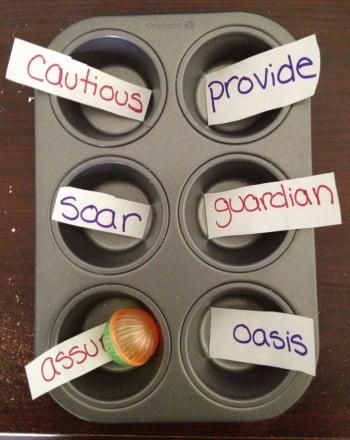Science project
High Frequency Hearing Test
You’ve likely experienced older adults with hearing aids struggling to hear what you’re saying to them before. So you probably feel like hearing loss might have something to do with age, right?
But have you ever considered which types of sounds they find the hardest to hear? Since sounds are made of waves which vibrate at different frequencies, some are higher pitched than others. Consequently, certain types of sounds are harder to hear! Consider dog whistles. People can’t hear them, but dogs can. Why? Because dogs’ ears pick up that higher frequency much better than human ears can.
Frequency is simply how fast or slow a sound wave vibrates. Higher-pitched sounds, like whistles, have a higher frequency and vibrate faster. Lower-pitched sounds, like the rumbling of an engine, have a lower frequency, so they vibrate more slowly. So which frequencies are harder to hear?
There’s a sound that is supposed to annoy teenagers and keep them from loitering in front of shops and stores. It’s called the Mosquito, and it’s supposed to be undetectable by adults.
Problem:
What kinds of volunteers are able to hear the Mosquito sound?
Materials:
- Headphones
- Laptop or mp3 player
- Mosquito Sound file (download from National Public Radio)
- 15 Volunteers, ranging in ages from 15 - 55
- Graph paper to plot results
Procedure:
- Listen to the Mosquito sound on your mp3 player or laptop. Can you hear it? How would you describe the sound? Is it a high-pitched or low-pitched sound? What do you think this tells you about its frequency?
- Set up your laptop or mp3 player so the Mosquito sound is ready.
- Make your best guess about what you think will happen. Who will be able to hear the Mosquito sound? How young do you think your volunteers will need to be to hear the sound?
- Have volunteers come over one at a time and put on the headphones.
- Play the Mosquito sound file for them.
- Explain to the volunteer that he should raise his right hand if he hears anything.
- Record your results as you test observe each volunteer.
Results:
Your results may vary, but you likely found that the Mosquito sound was detected less frequently by your older volunteers. Volunteers under 25 should have been able to hear the sound, and younger volunteers should have been able to hear the sound easily.
Why?
The older age group had trouble hearing the Mosquito because as we become older, our ability to hear high-pitched frequencies decreases. This process is called presbycusis. Frequency is measured in kilohertz (kHz), and the average adult human is able to hear sounds between .02 and 16 kilohertz. The Mosquito sound has a frequency of 17.4 kilohertz, making it quite a difficult sound for certain populations to hear!
Want to dig deeper into this experiment? Try expanding the age range of your volunteers. Try testing a wider variety of frequencies. You could also try to find out whether men or women are better at retaining their hearing into old age. Whatever changes you make, make sure to change only one variable at a time so that you get conclusive answers to whatever new questions you set out to explore!
Education.com provides the Science Fair Project Ideas for informational purposes only. Education.com does not make any guarantee or representation regarding the Science Fair Project Ideas and is not responsible or liable for any loss or damage, directly or indirectly, caused by your use of such information. By accessing the Science Fair Project Ideas, you waive and renounce any claims against Education.com that arise thereof. In addition, your access to Education.com's website and Science Fair Project Ideas is covered by Education.com's Privacy Policy and site Terms of Use, which include limitations on Education.com's liability.
Warning is hereby given that not all Project Ideas are appropriate for all individuals or in all circumstances. Implementation of any Science Project Idea should be undertaken only in appropriate settings and with appropriate parental or other supervision. Reading and following the safety precautions of all materials used in a project is the sole responsibility of each individual. For further information, consult your state's handbook of Science Safety.













